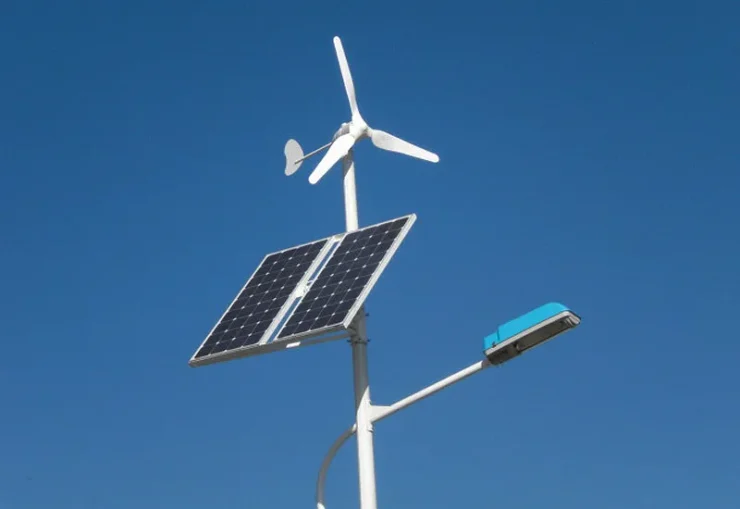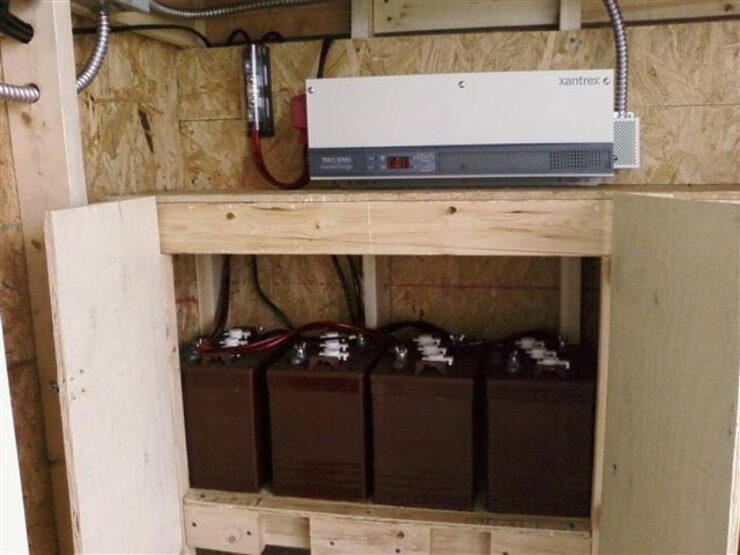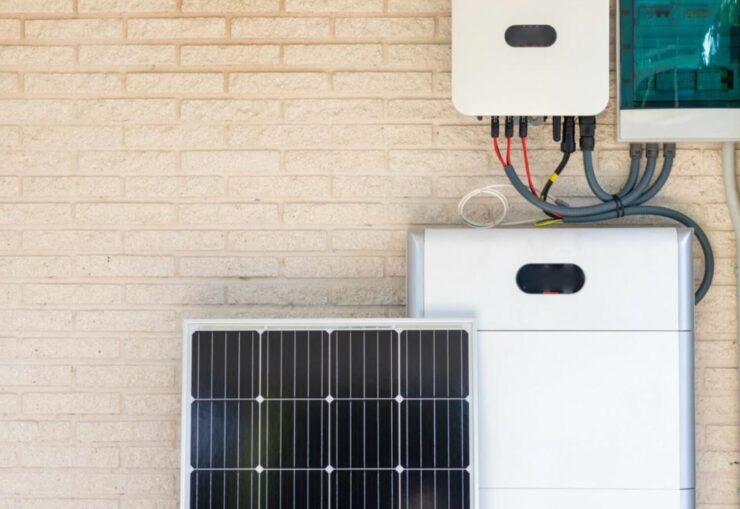Our planet is in dire need of sustainable solutions, and as responsible inhabitantswe must consider adopting greener ways of living. The experts say that one such solution lies in harnessing renewable energy sources, with solar power being an increasingly popular choice. A key component of solar panel systems is the solar battery system, which allows homeowners to store and use clean, renewable energy to power their homes. We have talked with good folk at Vivint Solar and now let us have a look at solar batteries and explore how they can contribute to a greener future.
Understanding Solar Energy
Solar energy is an abundant, renewable source of power derived from sunlight. To harness this energy, we use solar panels, which contain photovoltaic cells that convert sunlight into direct current (DC) electricity. But how do solar batteries fit into this equation?
Solar batteries play a crucial role in solar energy systemsas they store excess energy generated by solar panels during daylight hours. When the sun sets, your home can then draw electricity from these batteries, allowing you to use clean solar power even when the sun isn’t shining.

Different Types of Solar Batteries
As you consider solar batteries for your home, it is essential to understand the various types available:
- Lead-acid batteries – These traditional batteries have been used for decades and are relatively inexpensive. However, they have a shorter lifespan and lower energy density compared to other options.
- Lithium-ion batteries – Known for their efficiency, lithium-ion batteries have a longer lifespan and higher energy density. While they are more expensive upfront, they often provide better long-term value.
- Flow batteries – A newer technology, flow batteries use liquid electrolytes to store energy. They have a long lifespan and can be scaled up easily. However, they are typically more expensive and less common in residential applications.
Each battery type has its own advantages and disadvantages, so it is important to consider your specific needs and budget when making a decision.
Solar Battery Capacity and Storage
To determine the right battery capacity for your home, you will need to evaluate your energy consumption patterns and the size of your solar panel system. In general, larger homes with higher energy usage will require greater battery capacity.
Battery storage capacity can be influenced by factors such as temperature and the depth of discharge (how much energy is drawn from the battery before recharging). To prolong the battery’s lifespan, it is essential to perform regular maintenance and avoid fully draining the battery.

Costs and Incentives
While the initial investment in solar batteries might seem steep, the long-term savings and benefits are undeniable. Over time, using solar energy can significantly reduce your electricity bills and even earn you money through net metering (where you sell excess energy back to the grid). You can use this texas electricity rates chart as a reference.
Governments and local authorities often provide financial incentives and subsidies to encourage the adoption of solar energy. Be sure to research available incentives in your area to help offset the costs of your solar battery system. When evaluating the return on investment, consider factors such as battery lifespan, maintenance costs, and potential energy bill savings.
Integrating Solar Batteries with Other Energy Sources
Solar batteries can be integrated with the grid, creating a hybrid system that allows you to draw power from the grid when solar energy is insufficient. This setup also provides backup power during outages, ensuring your home remains operational in emergencies.
Moreover, solar batteries can be combined with other renewable energy sources, like wind or hydro power, to further reduce your reliance on fossil fuels and create a more sustainable energy solution for your home.

Environmental Benefits of Solar Batteries
Choosingto power your home with solar batteries has several significant environmental benefits:
- Reducing greenhouse gas emissions – By utilizing solar energy, you are decreasing your home’s reliance on fossil fuels, which are responsible for a substantial portion of greenhouse gas emissions. This, in turn, helps combat climate change and preserve our planet for future generations.
- Decreasing dependence on fossil fuels – As more people adopt solar energy systems, the demand for fossil fuels will decrease. This can lead to reduced extraction of these finite resources, resulting in less environmental degradation and pollution.
- Supporting a circular economy – Many solar batteries, particularly lithium-ion types, can be recycled and repurposed, allowing valuable materials to be reused and reducing waste.
Solar Batteries in Use Around the World
Solar-powered homes are becoming increasingly common, showcasing the feasibility and success of solar battery systems. Let us take a look at some real-life examples:
- Success stories of solar-powered homes – Across the globe, homeowners are successfully transitioning to solar energy, reaping the financial and environmental benefits of solar batteries. These examples serve as inspiration for others considering a switch to renewable energy sources.
- Innovative solar battery technologies and projects – Researchers and engineers are continually working on novel solar battery technologies, pushing the boundaries of energy storage capacity, efficiency, and affordability. For example, Tesla’s Powerwall and the SonnenBatterie are two innovative solar batteries that have gained significant attention in recent years.
- The future of solar energy and battery storage – As technology continues to advance, we can expect further improvements in solar batteries, making them more accessible and efficient. This progress will enable more people to adopt solar energy systems and contribute to a more sustainable future.

Conclusion
Solar battery systems allow us to harness energy from the sun through solar panels and then store it for use when the panels are not generating power, such as on very overcast days or at night. This ability means that homeowners are less reliant on the grid and their consumption of fossil fuel energy sources reduces dramatically. When choosing a solar panel system for your home, it makes sense to learn about the different options available so that you can choose the most suitable system for your needs. Going solar and utilizing a battery system means reducing your carbon footprint and contributing to a cleaner, green environment. You will also be making huge savings on your energy bill, making it a win-win situation.

